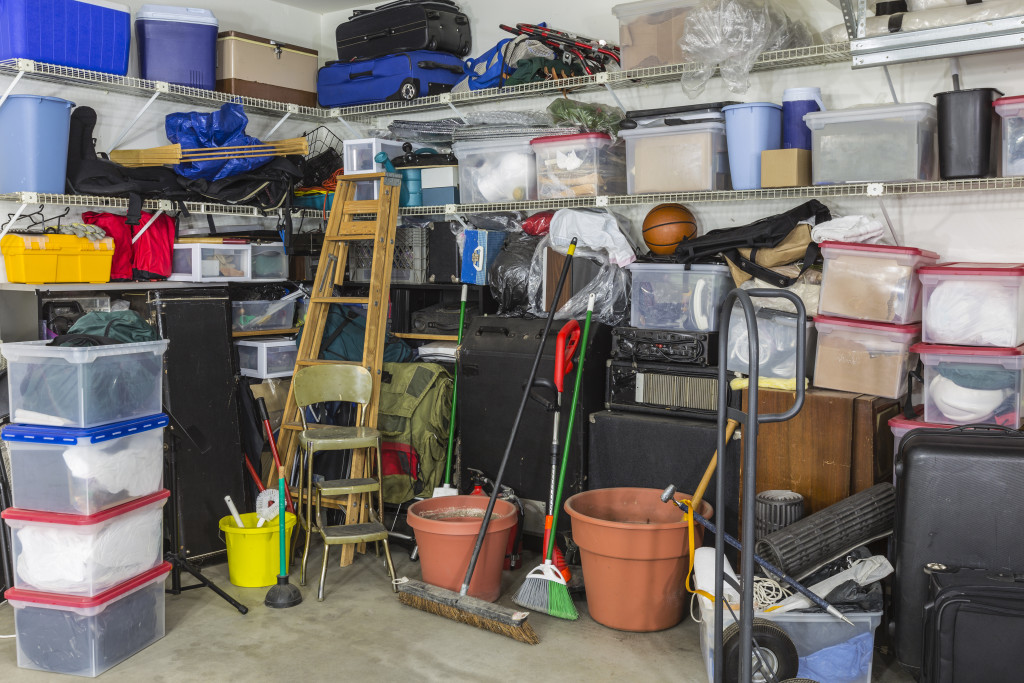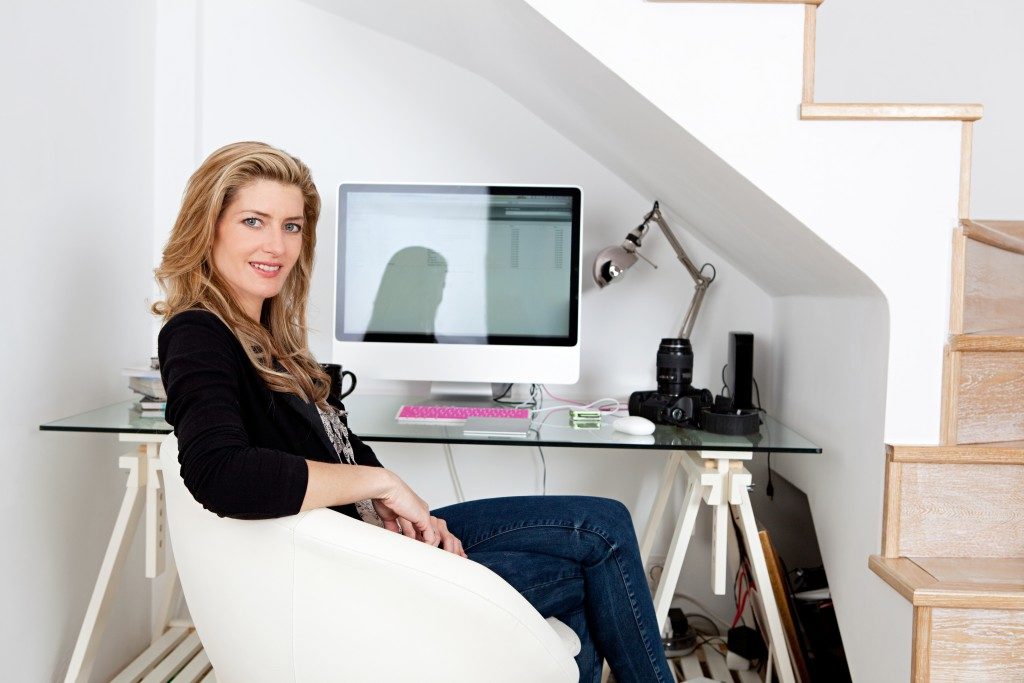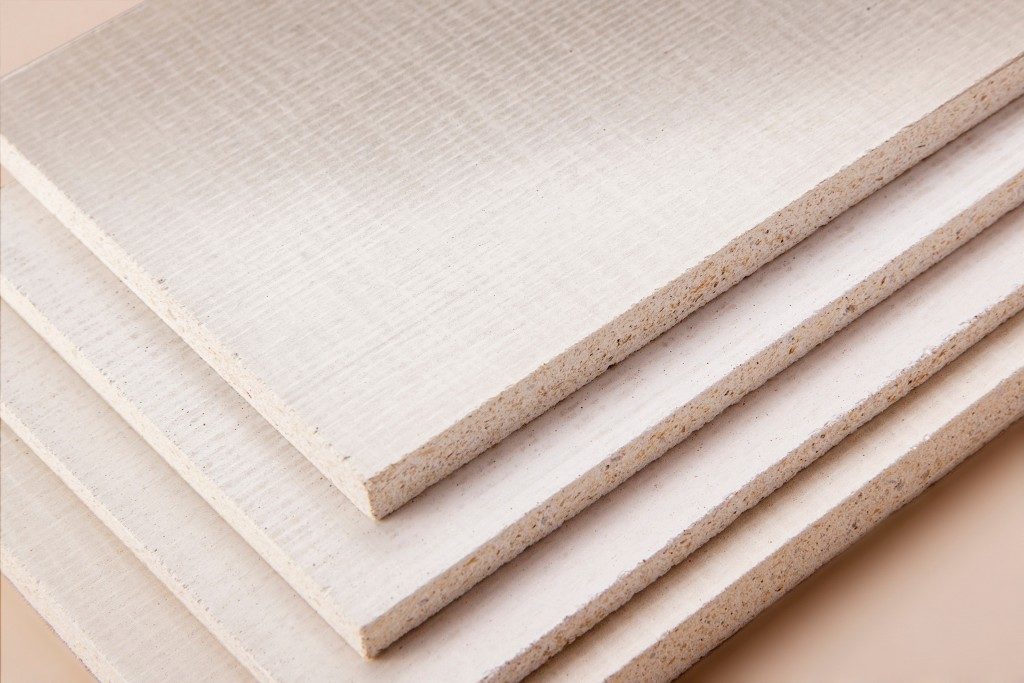Clutter is a common problem in American households. People just have too much stuff lying around. Society encourages hoarding items that people buy on an impulse or things they no longer need but still hold on to because of emotional attachments. Consumerism teaches people that the more stuff they have, the happier they will be.
However, that is not the case. Owning too much stuff is causing the opposite of happiness. It is a source of stress.
A Cluttered House Equals a Cluttered Mind
A study has been conducted on the impact of clutter on mental health. The researchers found that mothers who live in cluttered homes have higher levels of the stress hormone cortisol. They were also more tired and depressed compared to those who used the words “restful” and “restorative” to describe the state of their home.
Continued high levels of stress throughout the day can turn chronic in the long run. If left unaddressed, it will not be just a psychological issue. Prolonged feelings of stress will exacerbate or increase a person’s risk of diabetes, eczema, high blood pressure, heart disease, hyperthyroidism, ulcers, and depression.
The negative impact of clutter does not disappear when people sleep. Another study found that those who sleep in rooms with clutter are more likely to experience difficulty falling asleep and difficulty staying asleep through the night.
It is unclear how clutter and sleep are linked, but disorganization causes the brain to wander. A person might be having sleep problems because, instead of relaxing, their mind is drifting off to the different stuff piled up around the room.
In addition, those who have cluttered homes tend to be isolated. People might avoid inviting friends and colleagues over if the house is unkempt. This has dire implications for their social life. It can destroy their relationships, causing them to feel lonely.

A Cluttered Home Is Dangerous to Your Health
A cluttered home also threatens the health of those who live in it.
Stress can reduce the body’s ability to fight infections. Those chronically stressed have lower numbers of lymphocytes, the body’s natural killers, responsible for eliminating viruses. Moreover, long-term, if the body gets used to high cortisol levels, it will cause inflammation.
Clutter can also lead to breathing issues. The more stuff that you have, the harder it will be to clean every nook and cranny. Those who live in cluttered homes are exposed to more dust that can exacerbate existing respiratory problems if inhaled. Those with chronic obstructive pulmonary disease (COPD), asthma, and other health conditions may notice their symptoms worsen.
It could also affect weight. Previous studies have revealed that people who live in cluttered homes make unhealthy eating choices. They tend to eat more cookies than those who have a well-organized kitchen, and they are more likely to reach for a chocolate bar than an apple as a snack. Unsurprisingly, they are also probably overweight or obese.
In contrast, a tidy home can be used as a predictor of health. People who live in houses with no clutter are more physically active, and they have better overall physical health.
Addressing the Clutter
The negative impact of clutter on physical and mental health has all been proven by science. It is not just an eyesore. It is causing your life harm.
However, clutter is a problem that can be fixed. First, you will need to part with things that you no longer use or need. Even if it is only gathering dust in a corner, hanging on to your possessions is only creating clutter. It is time to start reassessing if all the stuff around the house is worth keeping.
You can give away things you no longer need to family and friends or donate them to your local charity shops. An outdoor storage building will be an excellent place to hide something that you barely use and prevent them from creating clutter inside the house.
However, addressing clutter is a long-term effort. It requires a behavior change. You will need to create an organization system for all the things in your house, and remember to follow it regularly even if you are tired or it is inconvenient. Learn the habit of putting things back in their proper storage space after use. You will also need to control your impulses. Buying too much stuff will only create more clutter. Purchase only the things that you will really use.
Final Thoughts
Clutter is creating a problem that impacts both your physical and mental well-being. To truly get rid of clutter, you will need to make changes to your lifestyle and behavior.


